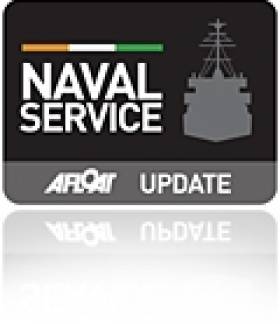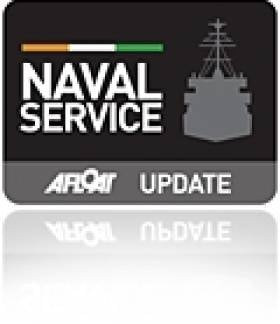Displaying items by tag: Asbestos
Call For Grounding Naval Service Over Asbestos Concerns
#Navy - The Irish Examiner reports on a solicitor's call for all Irish Naval Service vessels to be immediately docked and checked for asbestos.
Ernest Cantillon represents 10 people who believe they have been exposed to the hazardous substance, after it emerged recently that as many as 150 workers could be at risk after working on the LÉ Ciara and other vessels at naval headquarters at Haulbowline in Cork Harbour.
Asbestos dust was discovered during routine maintenance on the Naval Service patrol vessel in March, despite an audit of all ships a decade ago that declared them free of the formerly common insulation material.
It's now thought that up to 100 navy personnel and some 50 civilian workers may have been exposed - with no chance of compensation following a Supreme Court ruling in 20013 that only those diagnosed with asbestosis - which can take up to 40 years to develop - can sue the State.
The Irish Examiner has more on the story HERE.
#Asbestos – While carrying out routine maintenance of a Naval Service patrol vessel, it is now being claimed that 30 more civilian workers could also have been exposed to potentially lethal asbestos, writes The Irish Examiner.
That's in addition to another seven naval personnel who also have been exposed to the dust while they were working on the LÉ Ciara (P41) at the navy's headquarters in Haulbowline, Co Cork, last month.
The crisis deepened last night when Siptu said none of its civilian worker members, who are employed by the Department of Defence, had yet received any medical assessment — unlike the Naval Service personnel. To read much more on this story, the Irish Examiner has a report.






























































